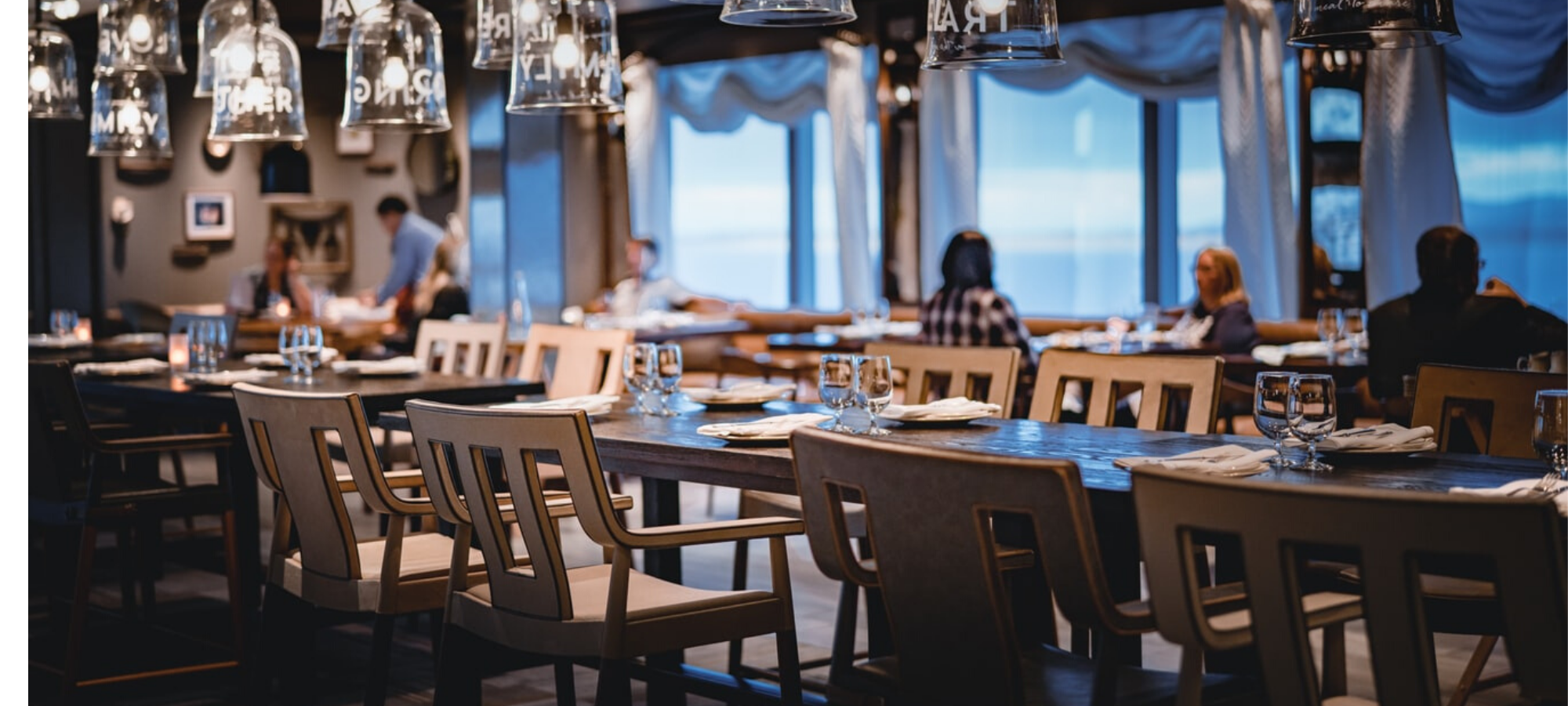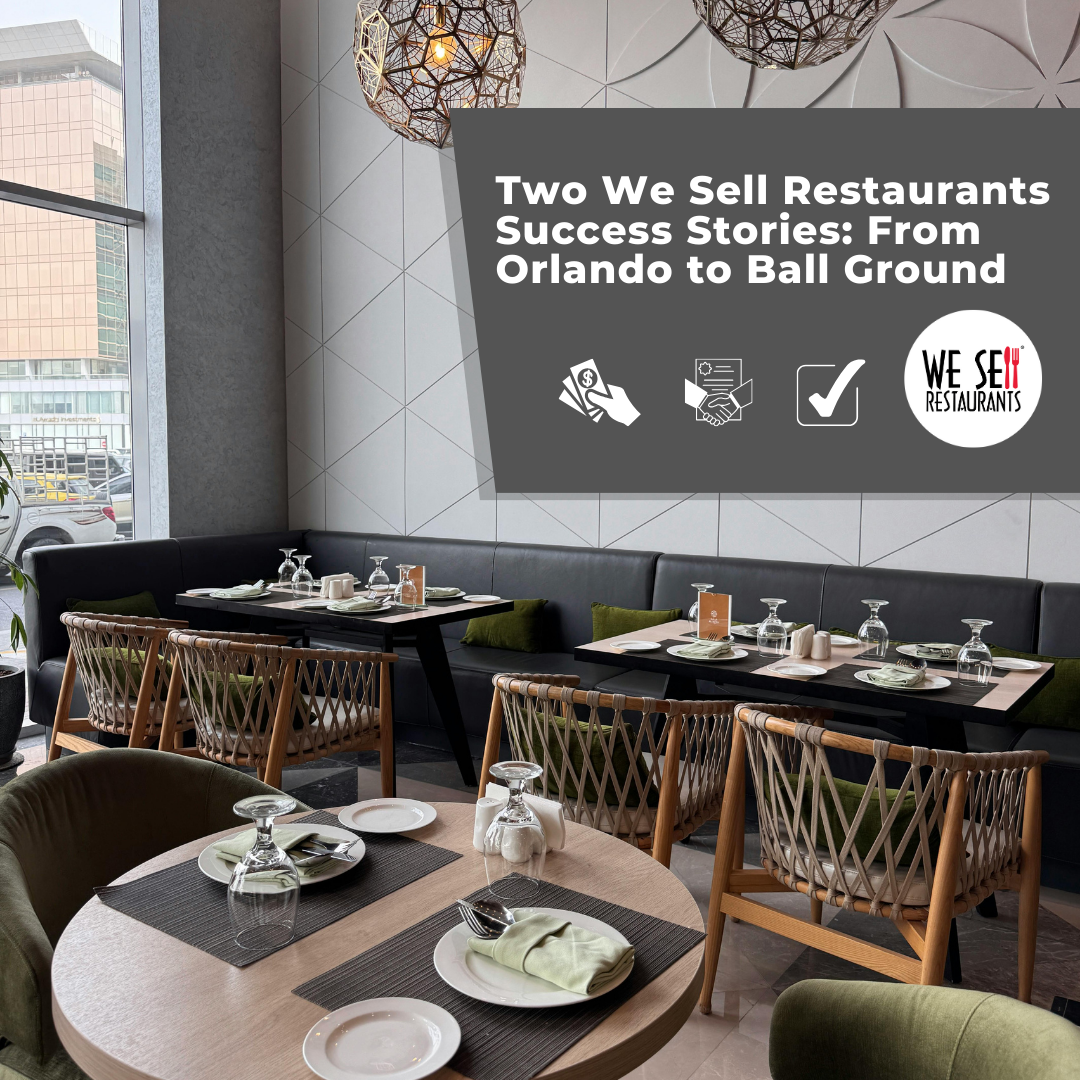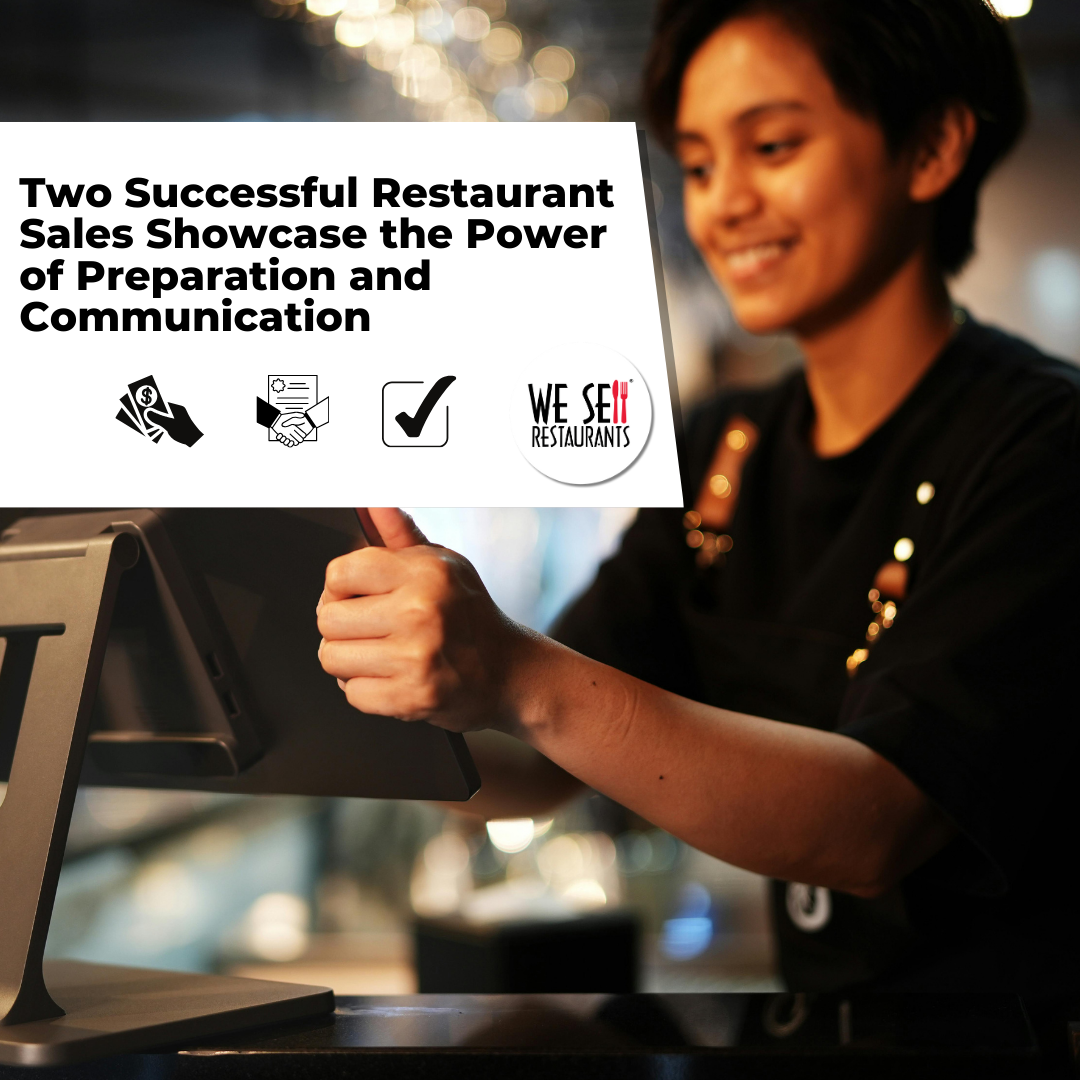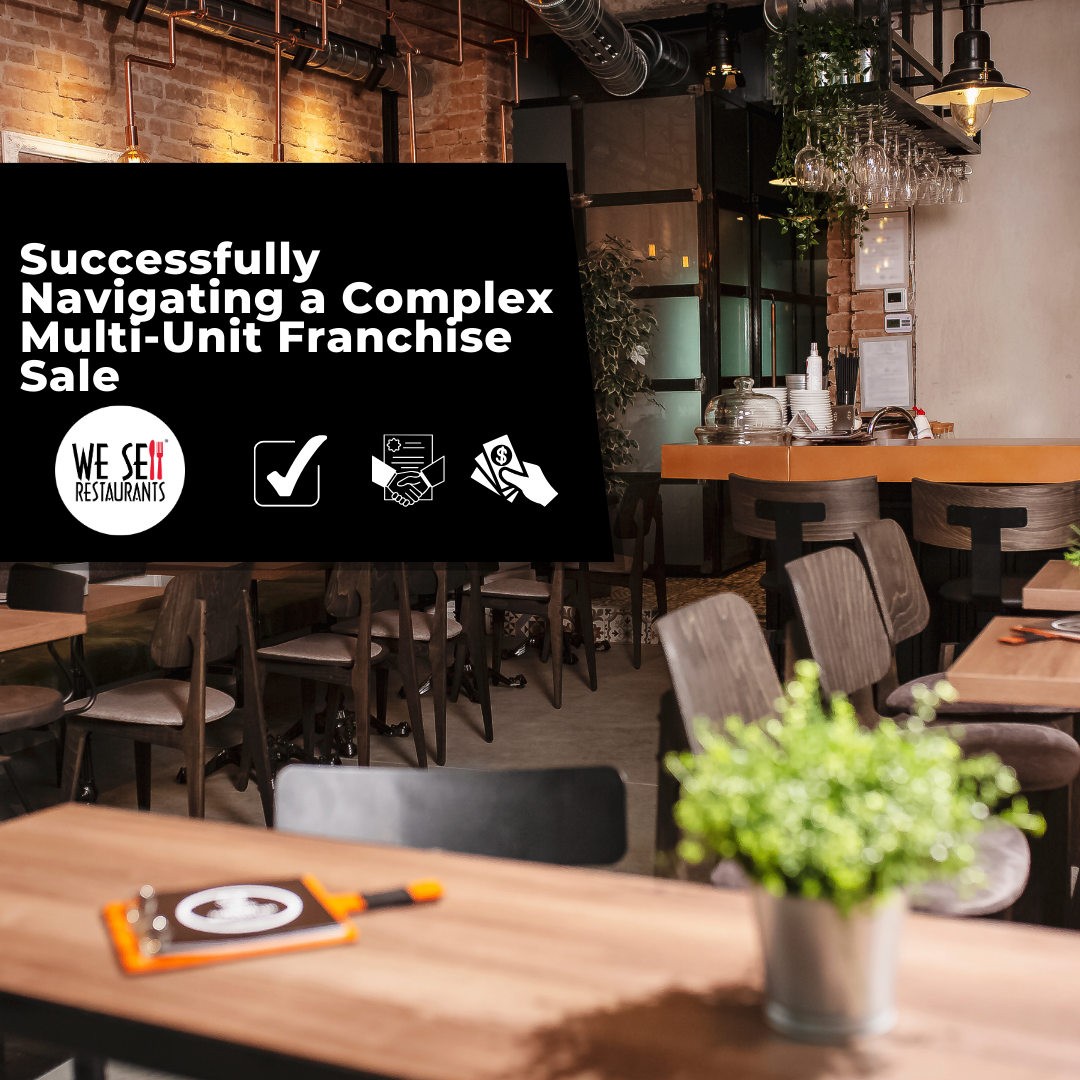Getting a liquor license is a requirement anywhere you are buying a restaurant or bar that offer the sale and service of alcoholic beverages.
The process to obtain meet the regulatory requirement varies greatly from state to state however and often requires local understanding and knowledge.
There are general tips you should be aware of however if your plan for buying a bar or restaurant includes getting a liquor license. First, anyone getting a liquor license, in any state, is subject to a thorough background check. You will have to submit fingerprints in almost all municipalities. Any form of a felony conviction will usually result in denial of the license. If you are aware of this requirement up front, you can plan for a different party to your company or a spouse to potentially apply for the license. If you don’t consider it up front and you have a felony conviction, getting a liquor license is generally not possible.
Secondly, getting a liquor license may be as simple as a transfer from the current owner. This is, however, rare, as some states don’t provide for any form of a transfer. Even if a transfer is allowed, you will still be subject to the same requirements for a background check.
The effort to obtain the correct permits for the service of alcohol varies by state depending on what you are offering in your restaurant or bar. For some states, it’s much easier to simply get a license for beer and wine. The process is more complex for the service of mixed drinks and a full bar.
There is always an investigation but for some states, this occurs at the city or county level. Then the state license, which is also required, is simply a rubber stamp. That is the case in Georgia, for example. In the city of Atlanta, they will issue a temporary liquor license which is subject to announcement and community feedback at the NPU or Neighborhood Planning Unit meetings. These are just a formality, however, as they are always granted, regardless of neighborhood feedback.
By contrast, Cobb County Georgia will not do any form of a temporary license. Therefore, anyone applying there has a longer lead time before the license is granted and there can be no on premise sale or service of alcohol until it occurs. As someone buying a restaurant or bar, that figures into the timing as the closing must be delayed until the license is issued.
Some cities allow for a process known as a “Management Agreement” whereby the new owner can take control and begin operating the bar or restaurant while they work on getting a liquor license. In that instance, the buyer pays the seller all the funds, takes over operations but a legal document shows that he is also “managing” the company on behalf of the seller allowing him the use of his or her liquor license.
A management agreement must be prepared by an attorney and be carefully drafted to comply with state and local laws. Because the seller allows the use of his license, there can be ongoing liability that must be addressed and potentially shielded against. For example, if the new owner does not diligently check ID’s and allows someone underage to drink at the establishment, it is occurring under the management of the buyer but essentially is tied to the seller’s license.
Lastly, some states allow you to simply purchase a liquor license on the open market. This is a transferrable permit for alcohol service that can be used in any establishment. Florida is an example of a state that has one form of a license that can be sold independent of the location for a certain class of permit.
In many states, getting the liquor license is the first step. Many make this ongoing license contingent upon renewal and subject to specific training for yourself and any employees that serve drinks. This is an ongoing requirement as you replace or add new staff.
Overall, getting a liquor license for buying a bar or restaurant requires that the buyer work in close coordination with a very well qualified resource, often located through the services of a Certified Restaurant Broker to ensure that the steps are in place to legally offer the service of alcohol when the business is sold.
For a complete look at our restaurants and bars for sale with a liquor license, visit this link online at We Sell Restaurants.com
 Robin Gagnon, Certified Restaurant Broker®, MBA, CBI, CFE is the co-founder of We Sell Restaurants and industry expert in restaurant sales and valuation. Named by Nation’s Restaurant News as one of the “Most Influential Suppliers and Vendors” to the restaurant industry, her articles and expertise appear nationwide in QSR Magazine, Franchising World, Forbes, Yahoo Finance, and BizBuySell. She is the co-author of Appetite for Acquisition, an award-winning book on buying restaurants
Robin Gagnon, Certified Restaurant Broker®, MBA, CBI, CFE is the co-founder of We Sell Restaurants and industry expert in restaurant sales and valuation. Named by Nation’s Restaurant News as one of the “Most Influential Suppliers and Vendors” to the restaurant industry, her articles and expertise appear nationwide in QSR Magazine, Franchising World, Forbes, Yahoo Finance, and BizBuySell. She is the co-author of Appetite for Acquisition, an award-winning book on buying restaurants

 404-800-6700
404-800-6700.png)











